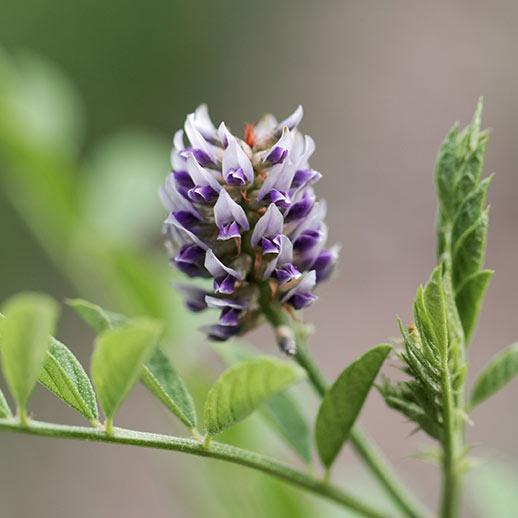
GLYCYRRHIZA SPP.
Licorice
Digestive Support
Energy Support
Immune Support
Liver & Cleanse Support
WHAT IS IT?
The botanical name refers to a hallmark property of this plant; glukos (Sweet in Greek) and riza (root). Glycyrrhizin, a cortisone like chemical found in high proportions
WHAT IS IT USED FOR?
Licorice is covered by a positive German Commission E monograph and can be used for catarrh of the upper respiratory tract as well as gastric and duodenal
More products with Licorice
Active Consituents
Licorice contains triterpenoid saponins, notably glycyrrhizin and glycyrrhetinic acid as well as a fair amount of flavonoids and flavones like liquiritin, and numerous chalcones and isoflavones.
Parts Used
Root
Important Precautions
Not for use during pregnancy or lactation. If you have a medical condition or take pharmaceutical drugs please consult your doctor prior to use. Licorice should not be taken if you have kidney or liver disease, high blood pressure, edema, or excessive potassium depletion.
Disclaimer
This information in our Herbal Reference Guide is intended only as a general reference for further exploration, and is not a replacement for professional health advice. This content does not provide dosage information, format recommendations, toxicity levels, or possible interactions with prescription drugs. Accordingly, this information should be used only under the direct supervision of a qualified health practitioner such as a naturopathic physician.
Why Gaia Herbs?
Plant-Powered
Harnessing traditional wisdom, delivering Nature's vitality
Potent
Full spectrum formulas for an herb's full array of beneficial compounds
Purity Tested
All products are screened for pesticides, microbes & heavy metals
Transparent
Know what's in your supplement— Meet Your Herbs to learn more